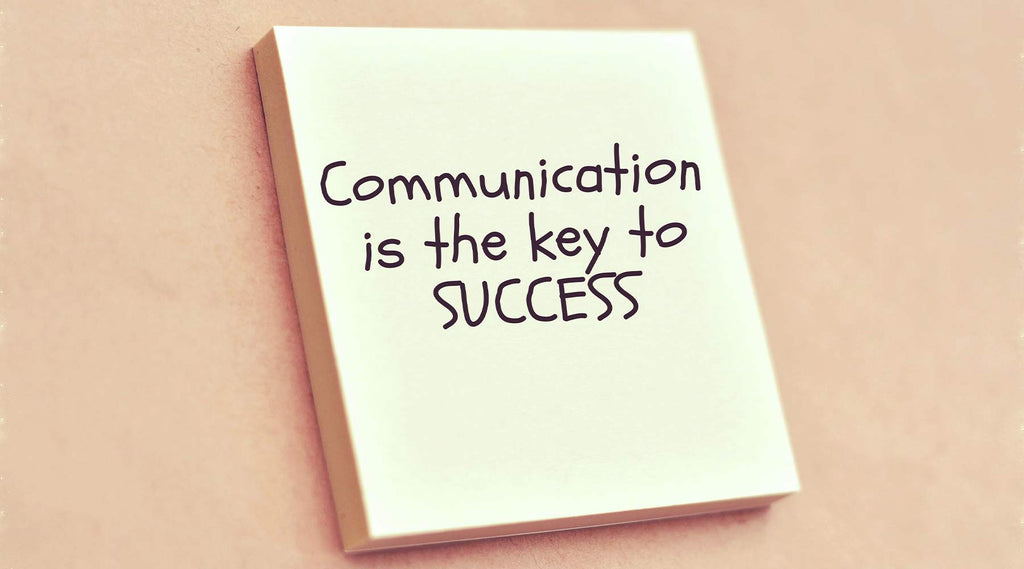
Implementing any care strategy in a dementia care facility is difficult and takes a concerted effort by everyone - staff, volunteers and family. Implementing Montessori dementia care is no different. A big part of the challenge is that often not all of the people involved are familiar with the terms used, the methodology, and sometimes not even the goals or purpose of the dementia specific strategy. It is hard to gain their trust and support if they aren't sure what is going on and why.
Communication is key.
We are fortunate that current technology makes it relatively easy to send our message. Many facilities dementia care center already produce a regular newsletter and have a website and those are ideal places to communicate information about implementing Montessori for dementia patients. Regular articles describing the plan, the expected benefits and progress made can go a long way towards keeping people informed and onside.
The initial articles should start with an overview of Montessori based dementia care, the key principles and how the implementation will help improve quality of life of patients with Alzheimer's and dementia. You can refer people to outside sources such as our website at keepingbusy.com which offers many articles describing the various aspects of the Montessori dementia care philosophy, its benefits and implementation. You can also copy any of our articles that you think might be helpful, but we ask that you acknowledge that they came from Keeping Busy Inc. and give a link to the source article.
Once the implementation is underway, regular updates can talk about progress and highlight successes such as the introduction of regular small group programming for dementia residents, more time spent engaging residents and highlight individual residents who may have taken on Montessori roles (such as the greeter at music events, the resident who clears the tables).
You can also use the newsletter to let people know what is required in terms of both time and materials within the dementia care center to help with the implementation. It could be that volunteers are needed to help with specific programs, or perhaps materials need to be purchased or donated to implement new programs for Alzheimer care. Even if your facility doesn't have a regular newsletter, you could create something more informal, specifically for family and volunteers of a particular unit.
USE YOUR NEWSLETTER, WEBSITE AND POSTERS TO:
- Explain Montessori based dementia care and its benefits
- Keep staff, volunteers and family up to date on progress
- Highlight success stories
- Ask for help with specific dementia programs
- Let people know what materials are needed
- Advertise workshops, seminars and other learning opportunities
In addition to the newsletter and website, this same information can also be made available through social media such as Facebook. The more you keep people informed and educated, the more supportive they will be, and the more likely they will be to help out.
Other ways of communicating information about the Montessori implementation include:
- Seminars for staff and volunteers describing the concepts, how it benefits residents and how everyone can participate in making it happen
- Workshops such as our "Making Every Day Count" one day session to teach staff (and volunteers) how their every interaction with residents with dementia can make a difference
- Setting up a "giving tree" program to let people know what Montessori materials are required, what specific tasks volunteers are needed for and so on
- Posters within the dementia home advertising seminars and other upcoming educational opportunities
- Posters or signs reminding people of key principles such as remembering to offer choice and encouraging residents to do things for themselves
The bottom line is, if you want everyone to know about it, help with it and support it, you better let them know what "it" is.




